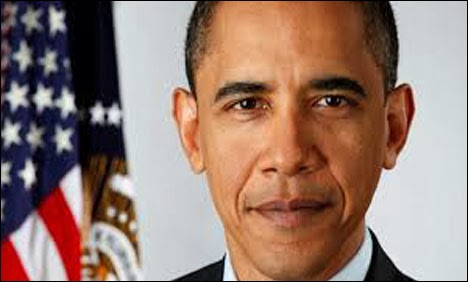Pakistan is a country where the
burden of payments and debts are the factors that determines the market-driven
exchange rates. The pattern of foreign trade growth also plays a vital role in
this regard. A country which does not have sufficient foreign exchange
holdings, the above mentioned two factors can be threatening for such an
economy. We have seen a sudden change in Pakistan’s market economy when import
payment’s scale is increasing upward since March following a passive growth in
the last eight months.
Since four months, after the announcement of fiscal year budget in June 2013. The average imports monthly are $4.135 billion. On the other hand, export earning average $1,976 billion monthly. So the graph of external payments is still higher. So this factor determines the currency exchange rates. “So, the timing is important,” said the chief forex dealer at a foreign bank. “We had such a large trade deficit on the one hand and on the other the country also made about $1.5 billion external debt payments (mostly to the IMF) during this period.” A senior expert says that this has been a major factor that determines currency exchange rates. This is how rupee is slipping against the dollar. “If you’ve got to do big external debt servicing, often several times in a month, and with not much in forex reserves, exchange rates will remain under pressure.
Things become even more difficult when imports rise suddenly,” said a central banker. The situation is quite threatening, when market come under the attack of speculation. The interbank rates and open markets have difference in determining the value of rupee. When news of unrest spread into the market, the exchange rates show the ups and down conditions, thus jolted. So there left no purchasing power equivalence between rupee and dollar. Open market currency rate in Pakistan is calculated by banks and cited to the importers and exporters as a pre-indication of the future move of the exchange rate. For instance on June 28, the average rate of one-month dollar and rupee exchange was 100. It denotes that rupee has fallen to 99.66 per dollar at the end of the month of june to 100 by the end of July.
But rupee has lost its value very
earlier. Thus identifying the uncertain market condition that could change the
external account situation is quite challenging. But interbank se4rvices are
doing their utmost effort in this regard. By comparing the past working day,
thus incur the forward rate that is helpful for importers and exporters. “This
mechanism of forward rate quotations has enabled the inter-bank market on the
whole to make more realistic projections of exchange rates,” said the treasurer
of a large local bank.










